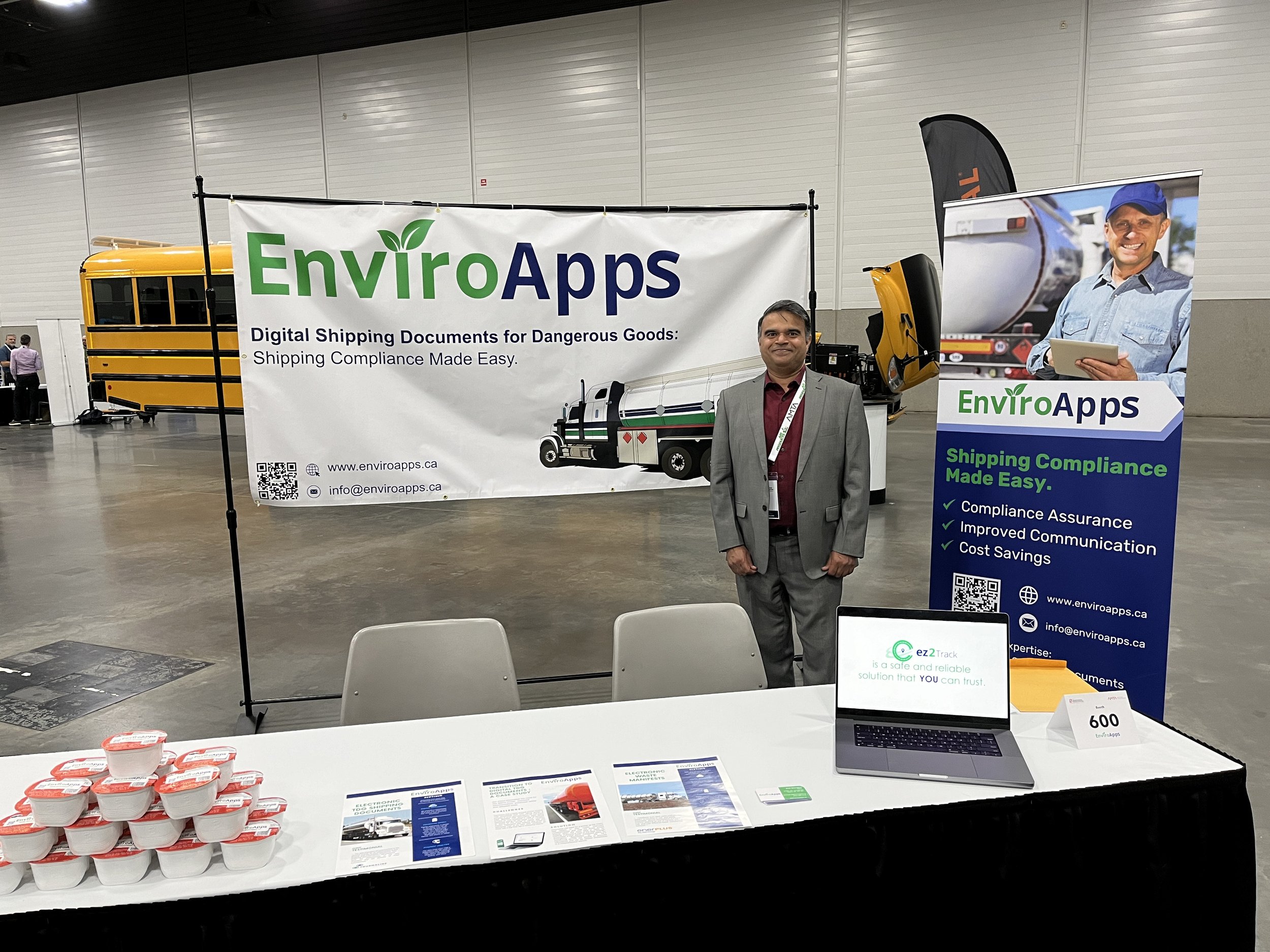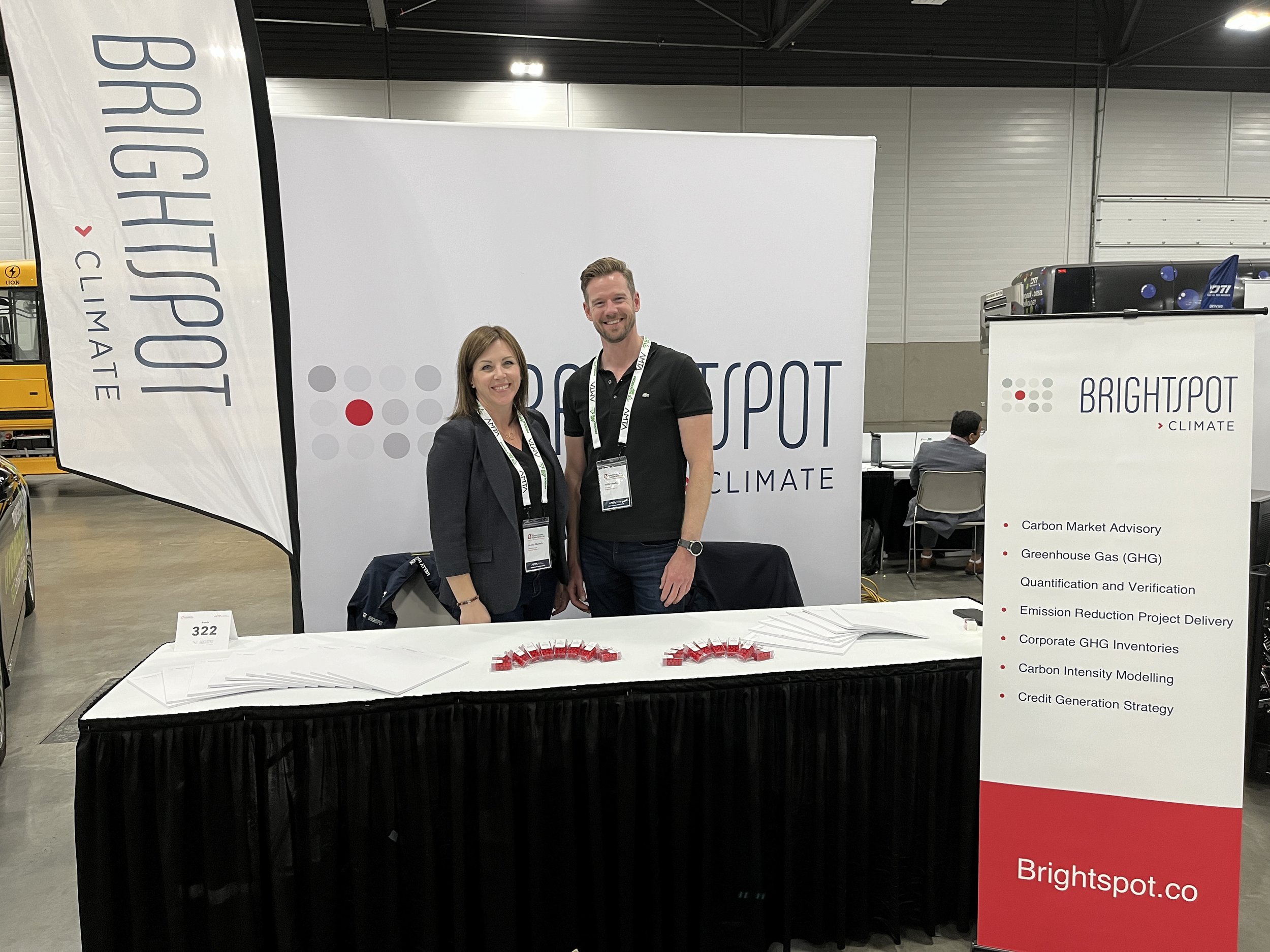Navigating the Emission Highway: Trucking Industry’s Reporting Challenges
The trucking industry stands at a crossroads, facing growing pressure to embrace sustainability, increased reporting, and tapering margins.
As the world grapples with climate change, businesses are increasingly recognizing the need to address their environmental impact. For the trucking industry, this means understanding and mitigating emissions associated with their operations.
The Impact of Clean Fuel Regulations on EV Charging in Alberta
By: Prageet Nibber
Canada's Clean Fuel Regulations (CFR) are transforming the transportation sector by reducing the life cycle carbon intensity of gasoline and diesel fuels, starting July 1, 2023. For the Electric Vehicle (EV) sector, this regulation is a key opportunity to invest in and expand EV charging infrastructure.
Transportation Emissions, Reductions, and Quantification
In alignment with the International Energy Agency, Canada has a goal to reach net-zero emissions by 2050. Canada’s efforts to achieve the necessary emissions reductions to reach net-zero include continued investment, a strong regulatory framework to drive change, and incentives to shift consumer behaviour away from highly emitting transportation sources.
Winter Driving Webinar
In preparation for the changing seasons, Rob Destree shared his insights via this webinar presented by Energy Safety Canada sharing insights on the unique challenges of winter driving and tips to stay safe on the road. Learn more about factors contributing to road incidents and collisions such as road conditions, preventative measures, and driving skills. Unsure about whether you have the best tires? Destree’s got you. Watch all the way through to test your knowledge on winter driving and learn emergency safety tips to make sure you’re prepared for extreme conditions and circumstances.
Trucks for Change Partners Step Up in 2024 Food Sort Challenge at Daily Bread Food Bank
(TORONTO: October 25, 2024) — Volunteers from across the Trucks for Change Network (T4C) came together this week to support Toronto’s Daily Bread Food Bank in an action-packed food sort challenge.
THRC Bringing AI Experts to Leadership Webinar: Leveraging AI for Trucking and Logistics HR
OTTAWA, ON (October 25, 2024) – Artificial intelligence (AI) will have a profound influence on trucking and logistics HR processes and operations. For many HR professionals in our industry, there’s a lot to learn.
Building Prosperity into the Future of Trucking
World economies are positioning themselves for success in the emerging low-carbon future. The value chains that will power our future economy are being set up today, and global leaders—including in Canada—are looking to seize the opportunities created by this change.
Trucking HR Canada Honours 104 Top Fleet Employers At Annual Awards Gala
OTTAWA, ON (October 17, 2024) — Trucking HR Canada brought national leaders together to celebrate the best employers in trucking and logistics at the annual Top Fleet Employers (TFE) awards gala in Toronto this evening. A total of 104 fleets earned TFE recognition, along with four Top Fleet awards and nine Achievements of Excellence.
Exciting Collaborations in the Hydrogen Ecosystem
The Hydrogen Ecosystem is rapidly evolving, fueled by innovative collaborations. One significant initiative involves the Northern Alberta Institute of Technology (NAIT), which received funding from Natural Resources Canada for a project focused on raising awareness and providing training in hydrogen technology for the medium and heavy vehicle industry. To achieve this, NAIT has partnered with key organizations, including the Alberta Motor Transport Association (AMTA), the City of Edmonton, First Truck, the Canadian Hydrogen Association, and Diesel Tech Industries (DTI).
Exploring Alternative Fuel Solutions in the Transportation Industry: An Insurance Perspective
The transportation industry is seeing an increase in demand for commercialized alternative fuel solutions. As these fuel solutions are sourced, tested, and ultimately utilized, there are new and unique risks that need to be identified and mitigated.









